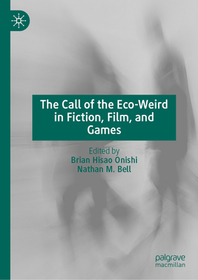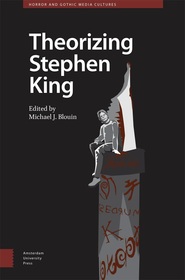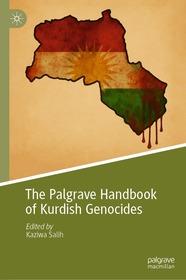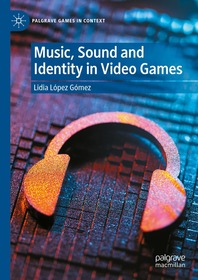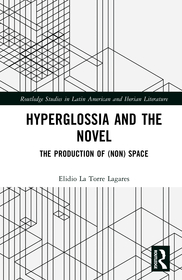
Hyperglossia and the Novel
The Production of (Non) Space
Sorozatcím: Routledge Studies in Latin American and Iberian Literature;
-
10% KEDVEZMÉNY?
- A kedvezmény csak az 'Értesítés a kedvenc témákról' hírlevelünk címzettjeinek rendeléseire érvényes.
- Kiadói listaár GBP 145.00
-
69 273 Ft (65 975 Ft + 5% áfa)
Az ár azért becsült, mert a rendelés pillanatában nem lehet pontosan tudni, hogy a beérkezéskor milyen lesz a forint árfolyama az adott termék eredeti devizájához képest. Ha a forint romlana, kissé többet, ha javulna, kissé kevesebbet kell majd fizetnie.
- Kedvezmény(ek) 10% (cc. 6 927 Ft off)
- Kedvezményes ár 62 346 Ft (59 378 Ft + 5% áfa)
Iratkozzon fel most és részesüljön kedvezőbb árainkból!
Feliratkozom
69 273 Ft

Beszerezhetőség
Még nem jelent meg, de rendelhető. A megjelenéstől számított néhány héten belül megérkezik.
Why don't you give exact delivery time?
A beszerzés időigényét az eddigi tapasztalatokra alapozva adjuk meg. Azért becsült, mert a terméket külföldről hozzuk be, így a kiadó kiszolgálásának pillanatnyi gyorsaságától is függ. A megadottnál gyorsabb és lassabb szállítás is elképzelhető, de mindent megteszünk, hogy Ön a lehető leghamarabb jusson hozzá a termékhez.
A termék adatai:
- Kiadás sorszáma 1
- Kiadó Routledge
- Megjelenés dátuma 2025. december 3.
- ISBN 9781032976228
- Kötéstípus Keménykötés
- Terjedelem240 oldal
- Méret 229x152 mm
- Nyelv angol 700
Kategóriák
Rövid leírás:
A radical theorization of hyperglossia as a post-narrative condition, it explores how language, identity, and space collapse into recursive textual excess. It charts a poetics of uncontainable meaning, proposing hyperglossia as the dispositif of our saturated, spectral, and increasingly unreadable present.
TöbbHosszú leírás:
Hyperglossia and the Novel: The Production of (Non) Space theorizes hyperglossia as a critical threshold in literary, philosophical, and media discourse—an excessive, recursive textual force that resists closure, coherence, and containment. Drawing from Bakhtin, Derrida, Foucault, Glissant, and Morton, this work constructs an interdisciplinary topology where narrative is displaced by semiotic proliferation. Through readings of Tokarczuk, Bolaño, Braschi, Paz Soldán, and Condé, the book explores how post-narrative texts perform ontological saturation, linguistic instability, and hauntological displacement. Hyperglossia is not a mere excess of language; it is a dispositif, a mechanism of epistemic drift and resistance that destabilizes the relation between text, space, and subject. Engaging literary maximalism, posthumanism, colonial hauntings, and digital textuality, this book maps a poetics of rupture—a world where language spills into non-space and refuses the end. Rather than offering synthesis, it proposes a drift: a movement toward meaning that cannot be finalized, only continually reinscribed.
TöbbTartalomjegyzék:
I. From Hyperglossia to the Post-Narrative Condition (Introduction)
II. Hyperglossia As Epistemic Shift in Olga Tocarkzuk’s Flights
III. Technofeudalism and the Semiotic Machine: Reading Paz Soldán’s Iris Through Hyperglossia
IV. Mangrove as Method: On Hyperglossia, Dispositif, and Narrative Disintegration in Maryse Condé’s Crossing the Mangrove
V. Toward a Textual Topology of Excess: Hyperglossia, Non-Space, and the Crisis of Narration in Bolaño’s 2666
VI. The Spiral That Explodes: Hyperglossia, Non-Space, and the Hauntology of Colonial Identity in Giannina Braschi’s United States of Banana
VII. The Gloss That Refuses to End: Writing the Unfinishable ([In]conclusion)
Index
Több



